Severn Bore
This stretch of the River Severn where large waves flow against the current is the birthplace of river surfing.
Walking by the banks of England’s River Severn, you may be shocked to see a huge wave coming at you from downstream, running the opposite direction of the current. This phenomenon, called a tidal bore, is a familiar sight to locals and to tourists who come to experience it.
Despite looking like they defy the laws of physics, tidal bores are actually naturally occurring phenomena that can be easily explained. As rising tides in a wide bay or inlet are funneled into a narrower stream or river, they begin to form large waves or currents and flow upriver, against the current. Although the river continues to flow into the bay, some of the bay’s water also begins to push backwards on this current, flowing upstream. This creates waves that, in some cases, travel miles upriver.
Since the conditions must be just right for them to occur, tidal bores are a rare sight worldwide. The Severn has one of the world’s most well known bores, and on the days when it is strongest, surfers and tourists flock from around England to experience it. In fact, the River Severn is the birthplace of river surfing, a sport which wouldn’t exist without tidal bores.
While the Severn bore may be observed anywhere in the lower part of the River Severn, it is most dramatically visible where the river narrows south of Gloucester. The Severn Bore Inn, in the town of Minsterworth, provides a perfect spot to see the bore in action.


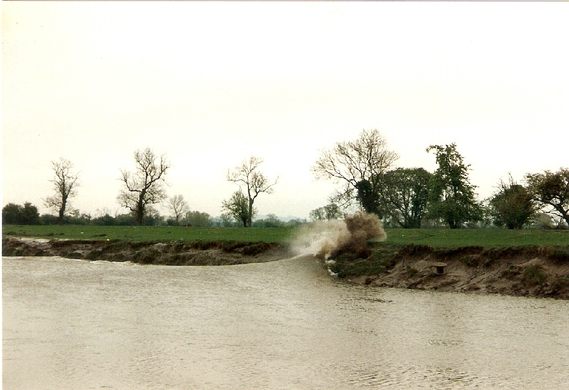
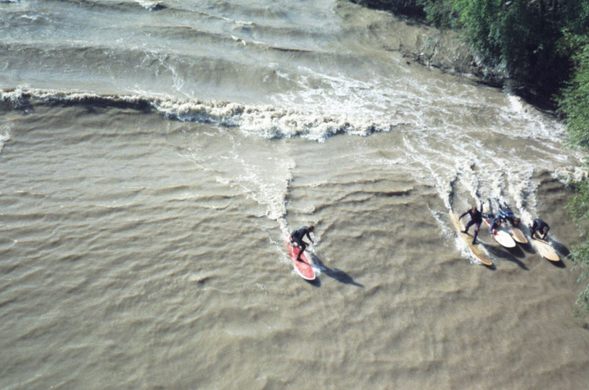
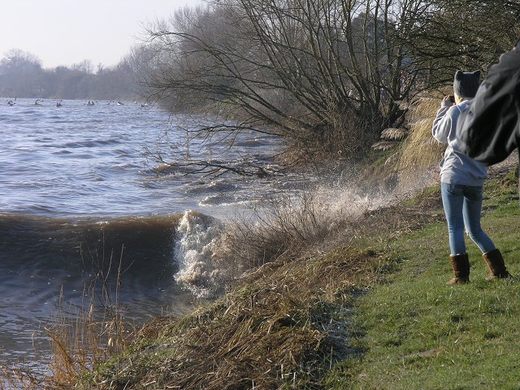







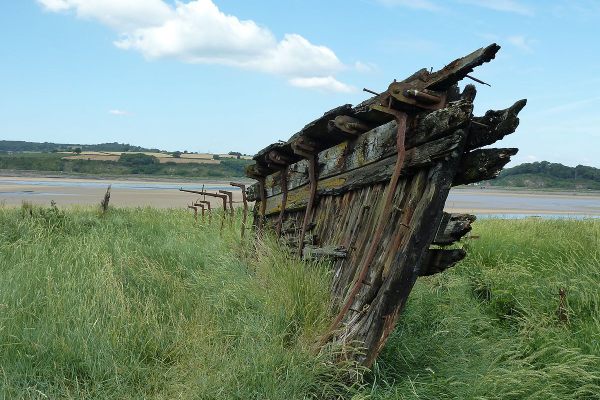

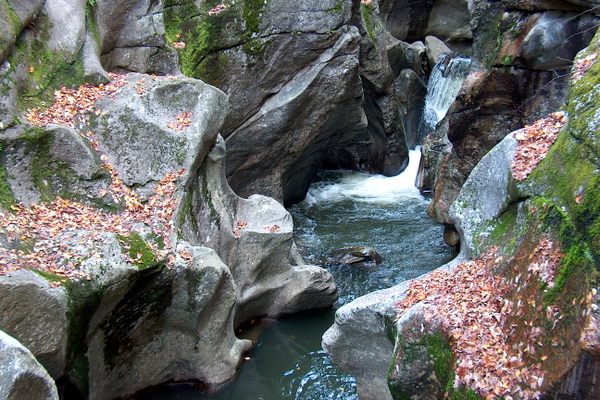
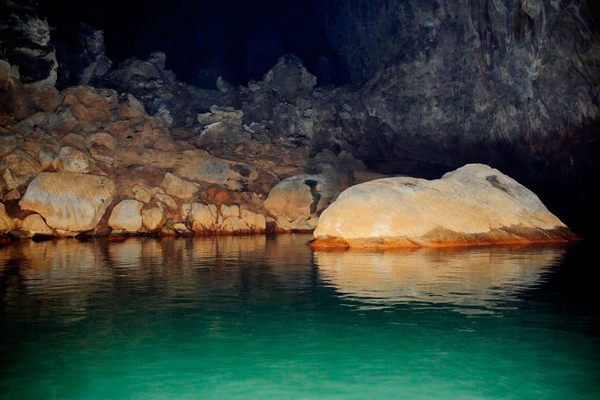


Follow us on Twitter to get the latest on the world's hidden wonders.
Like us on Facebook to get the latest on the world's hidden wonders.
Follow us on Twitter Like us on Facebook